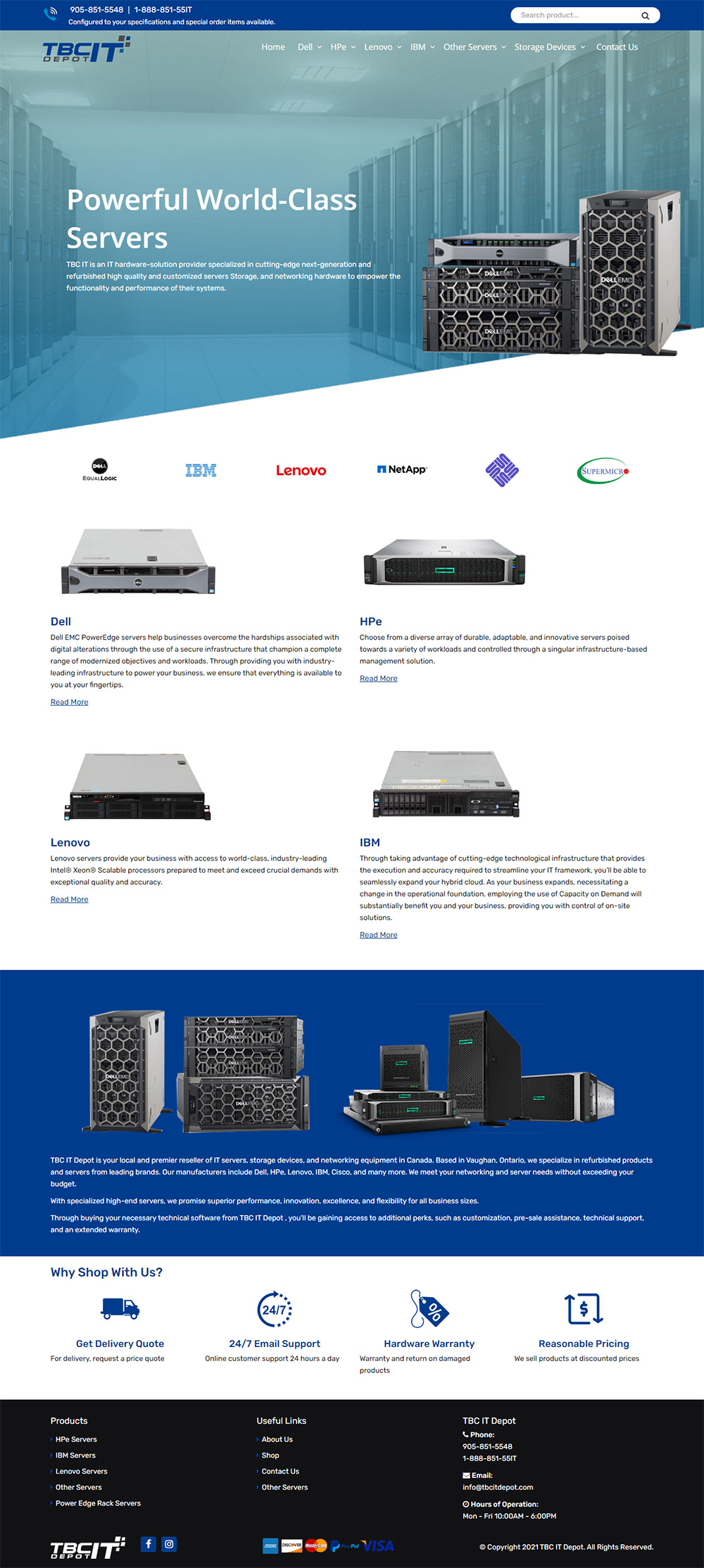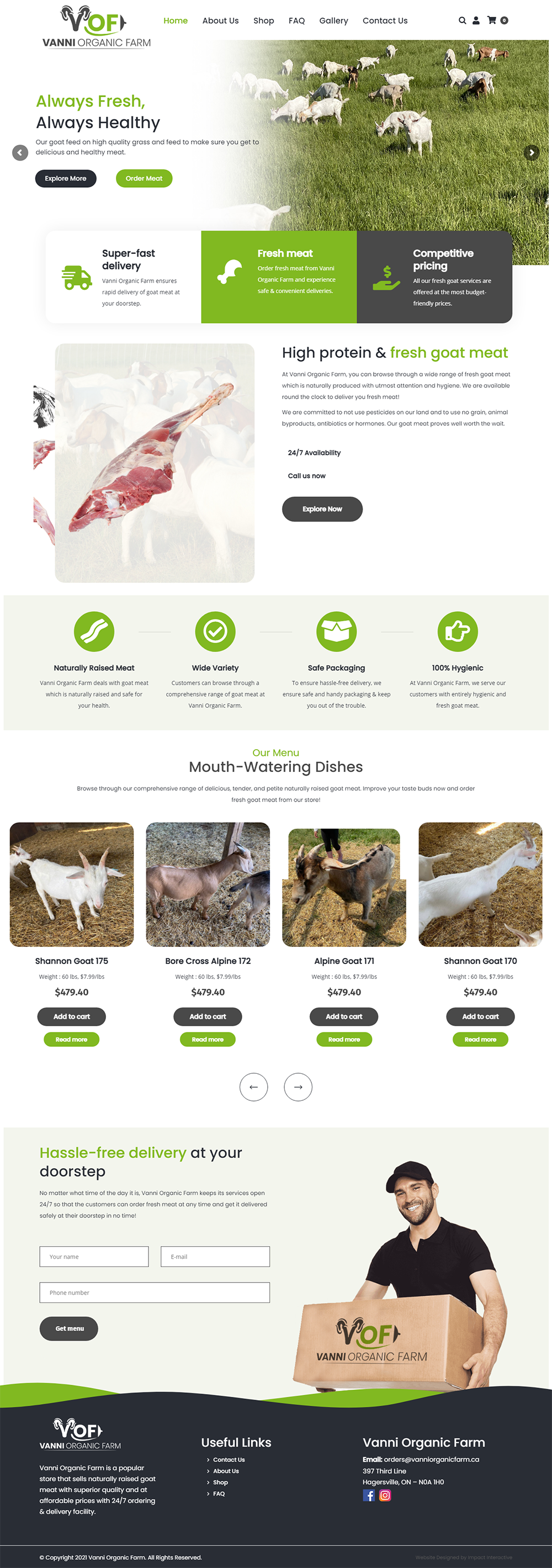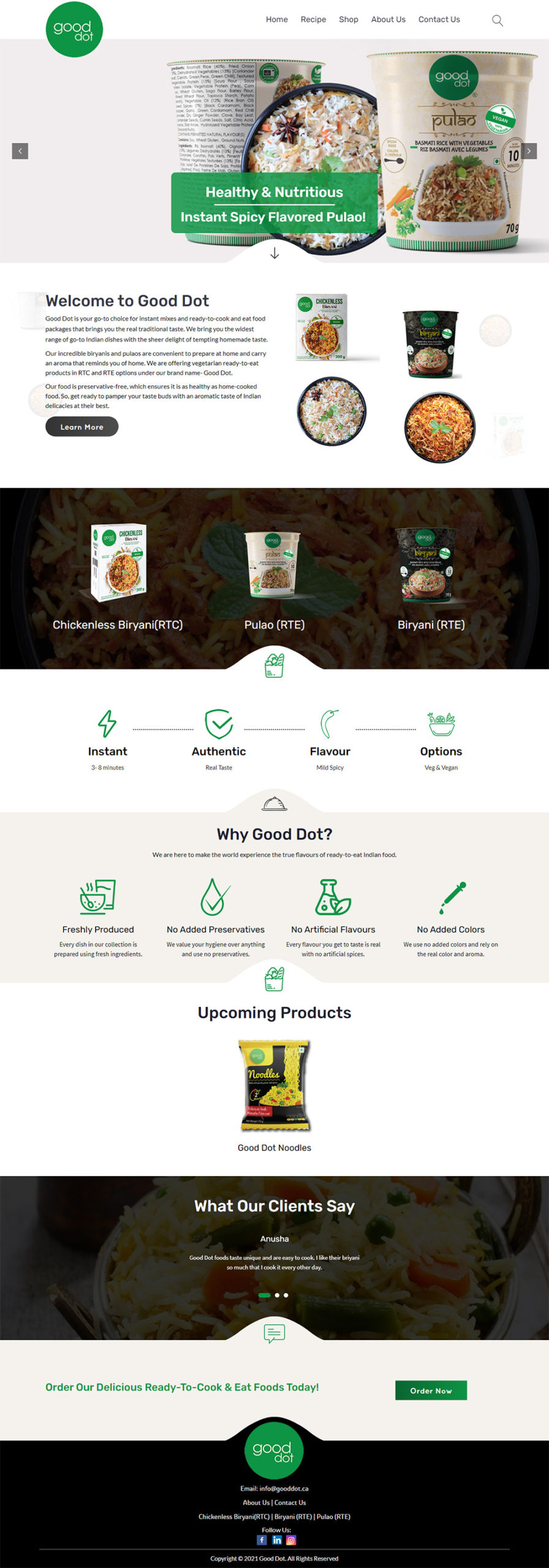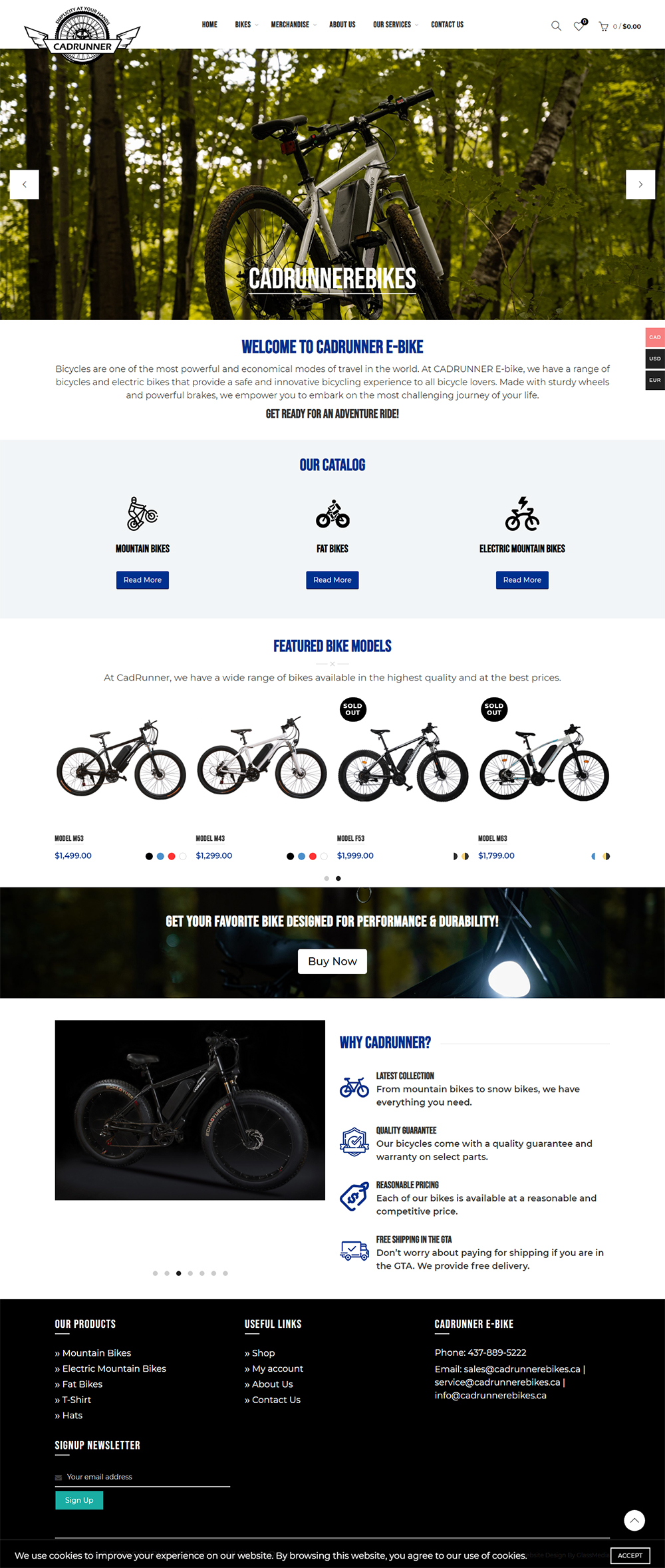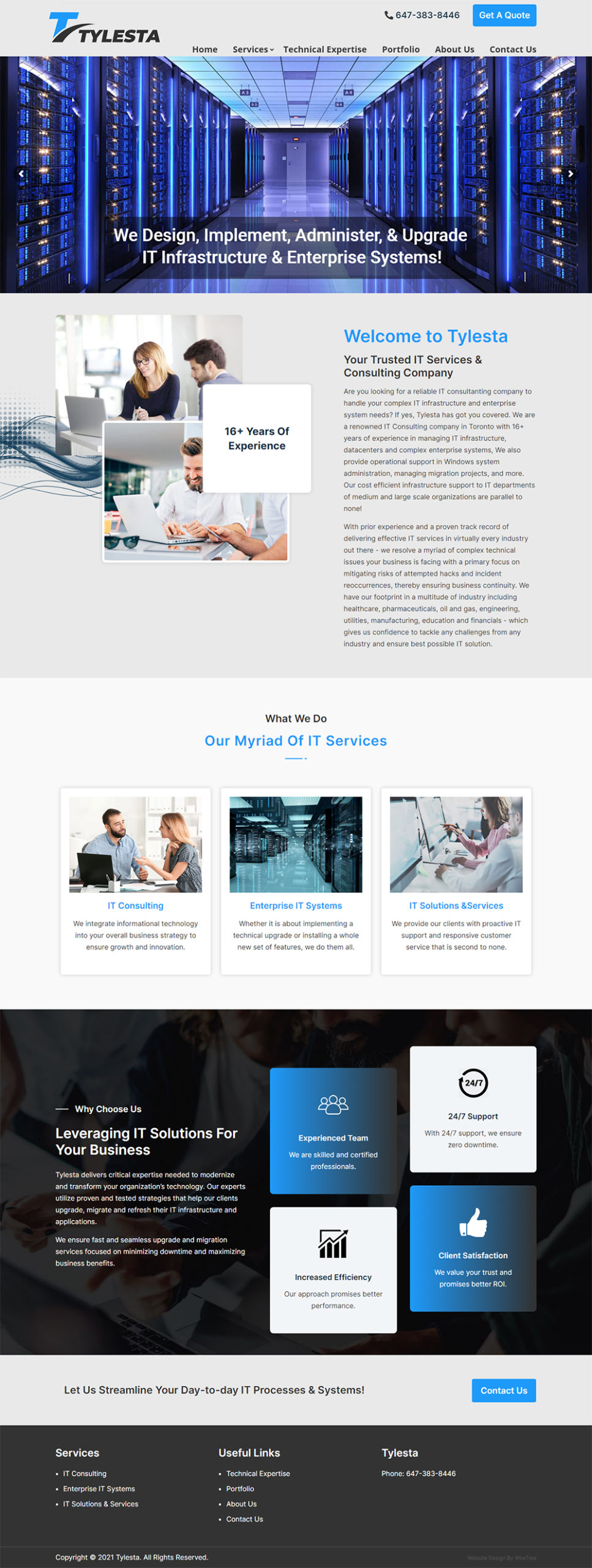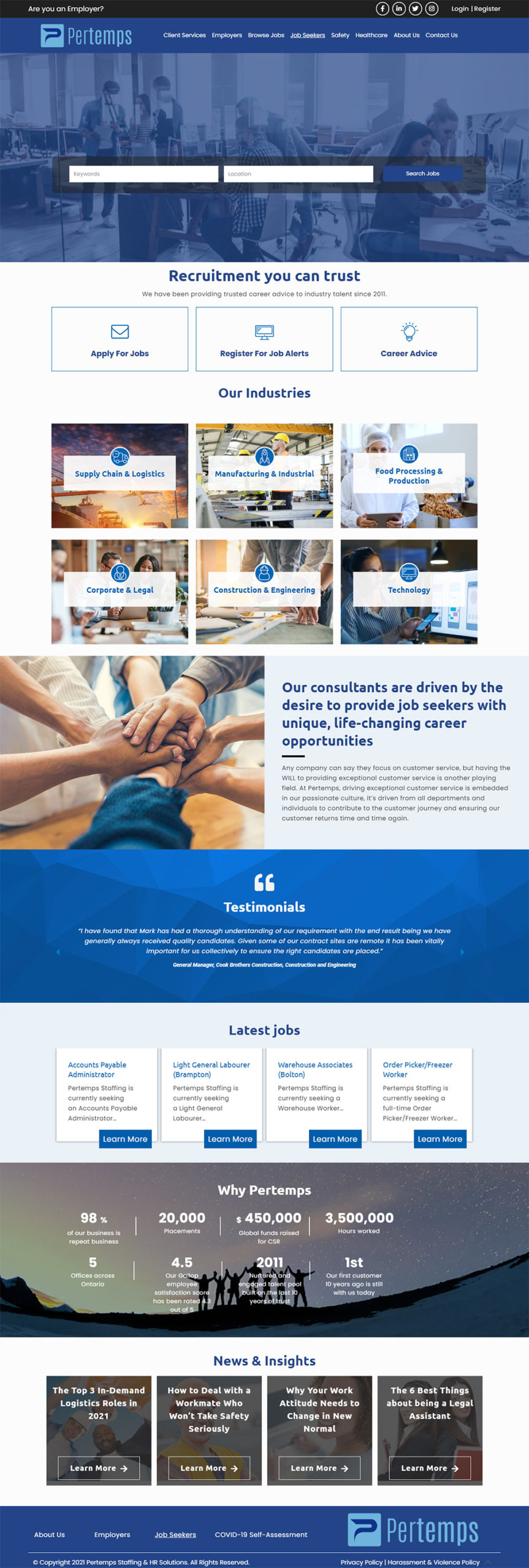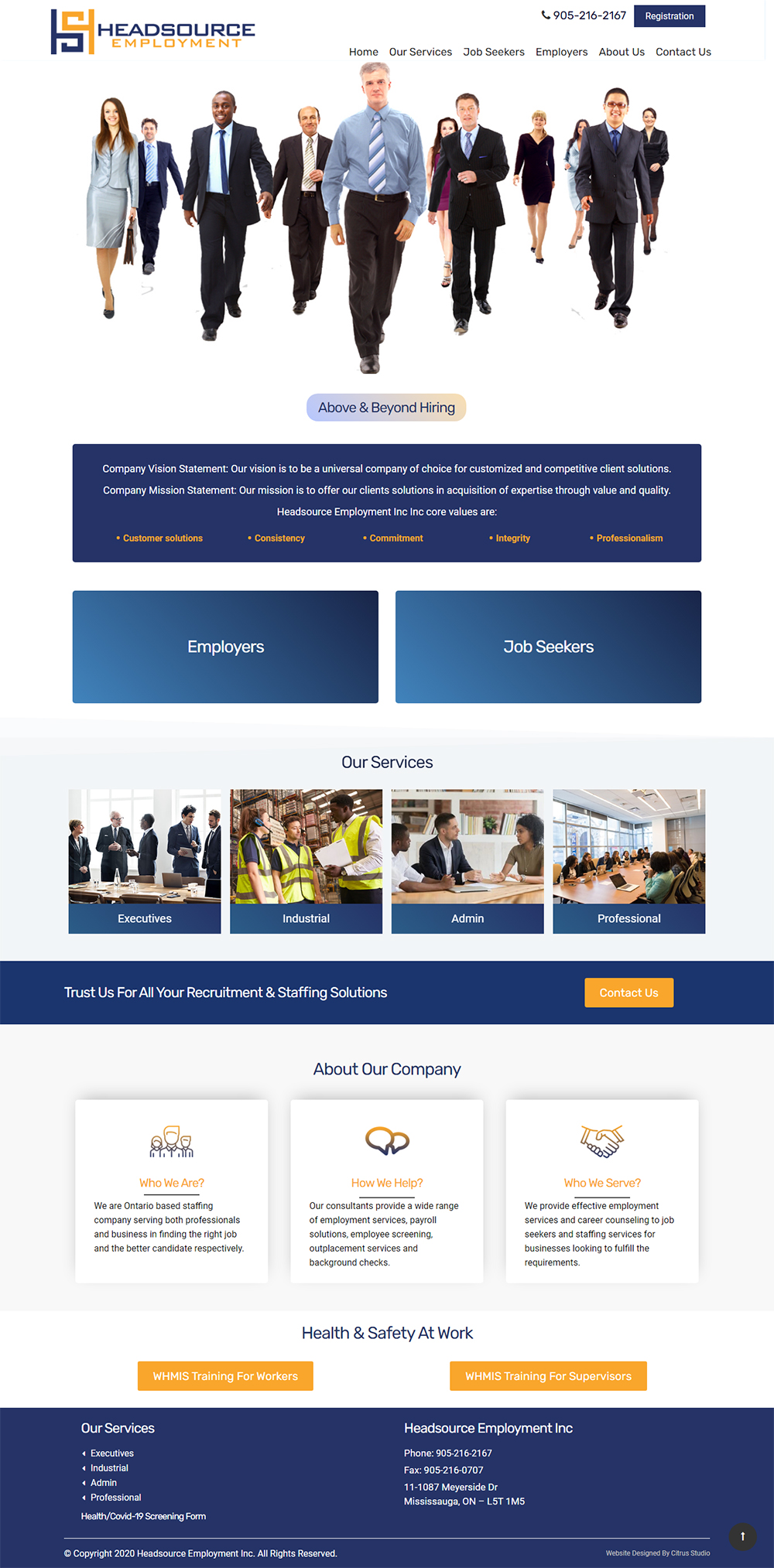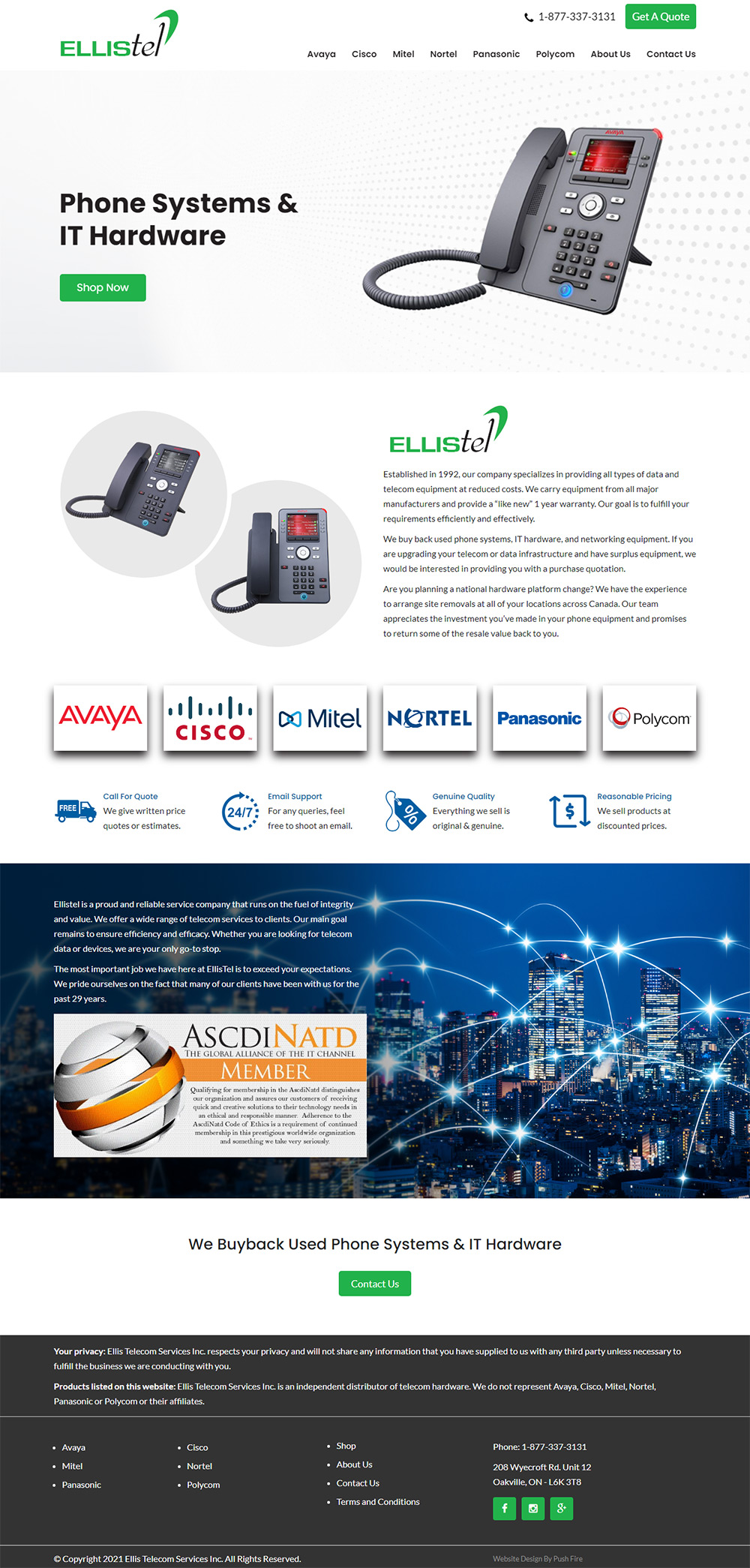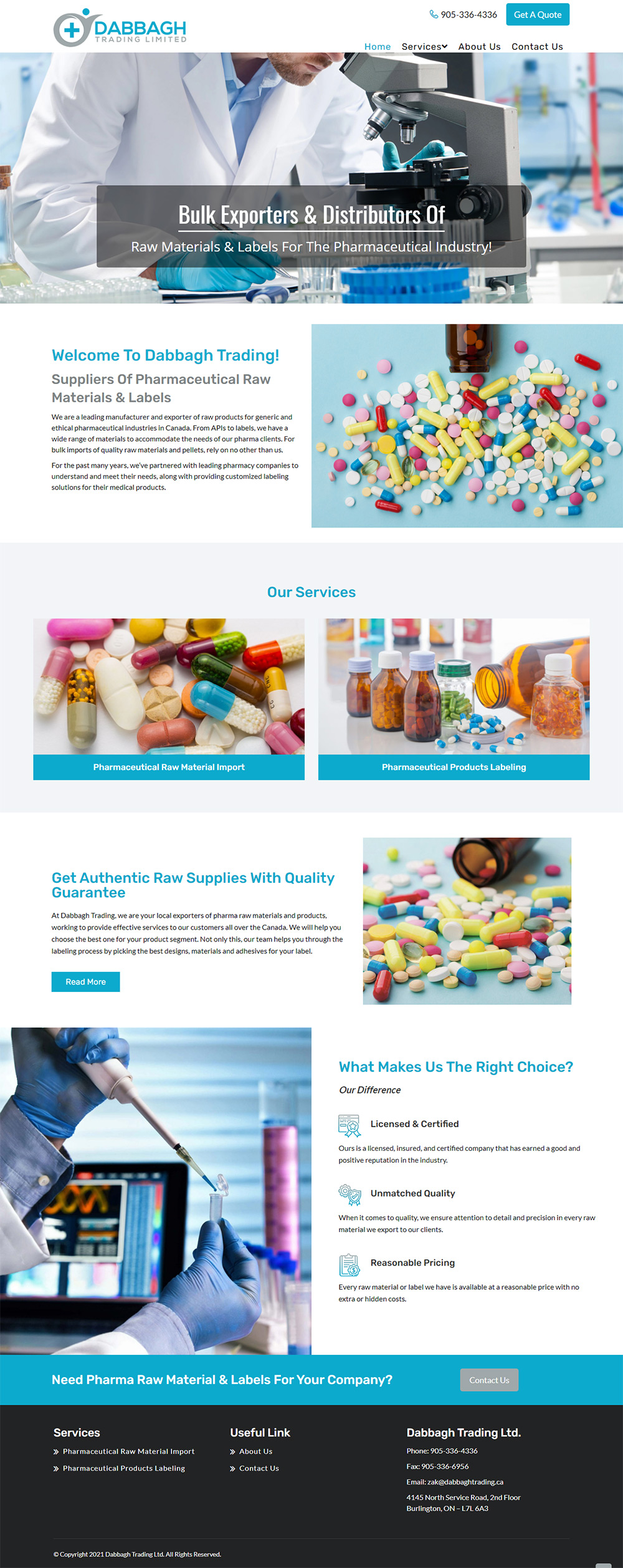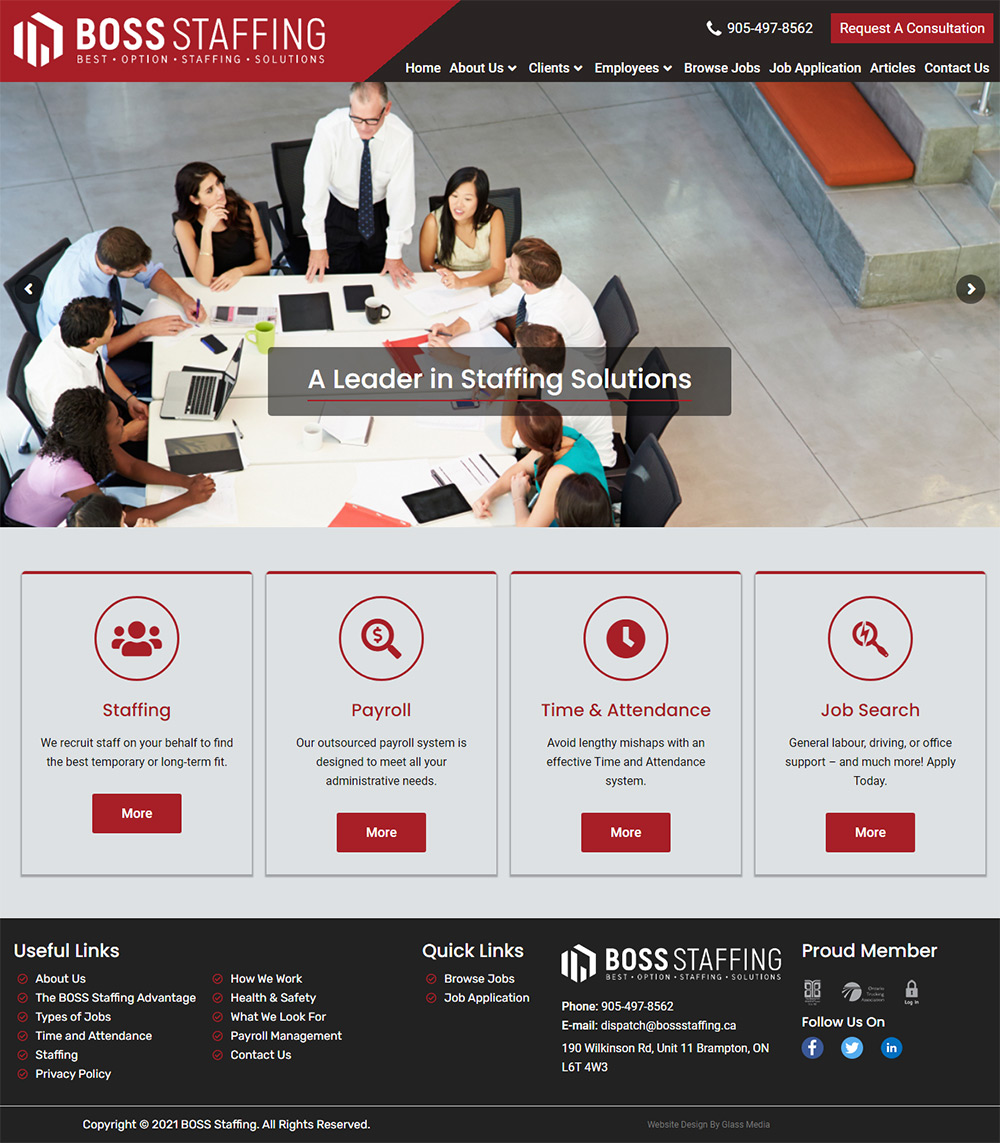The Changing SEO Landscape: Trends and How to Keep Up

The Changing SEO Landscape: Trends and How to Keep Up
Everyone knows that the SEO world never sleeps, and all sorts of changes happen regularly, with new algorithms and the rise of AI as the biggest drivers of change. The most prominent theme in this respect will be the integration of AI into search engine algorithms — it will completely change how we create and consume content in 2025. The ChatGPT Search feature with AI tools like OpenAI’s ChatGPT is transforming conventional search engines, offering straight responses to user inquiries & thwarting established platforms like Google. As a result, SEO experts are being challenged to adapt their tactics to emerging technologies and human behaviors.
Top SEO Trends to Pay Attention to in 2025
As we move towards 2025, a few major SEO trends have emerged, and businesses should keep an eye on them. From the shift towards AI-powered search experiences to the growing emphasis on user intent and quality content, many of the trends defining the future of SEO are already impacting your clients, setting the groundwork to have the most significant effects on your SEO strategies in the future.
Keeping an eye on these trends and adjusting your SEO strategies accordingly will be necessary for performance maintenance and improvement.
Zero-Click Searches
Zero-click searches are on the rise. Users find what they need directly within a search engine’s results page without needing to click through to a website. This shift will likely continue in 2025 thanks to the deployment of AI Overviews and other innovative search functionalities.
Technology, conversely, aims to make in-depth content-loaded snippets like facts and figures readily available and show them against the search results to promote a brand as a subject-matter expert ahead of the competition.
Rise of AI Overviews
Just like featured snippets, AI Overviews will change how the SEO landscape is seen as they display AI-generated answers to user queries. This change shows how important it is for businesses to change and adapt their content to survive in a world dominated by AI content generation.
AI-based systems will prefer hyper-personalized and valuable content to facilitate improved visibility and engagement.
Critical of Good Quality Content
High-quality content is the key to successful SEO. While Google is still trying to understate the dominance of AI content, genuine and engaging content that offers real value to users will be rewarded.
The signs of “AI writing” will allow SEO professionals to create unique content that outshines the rest of what the internet has to offer. This will boost the bottom line by driving consistent traffic and conversions long-term.
How to Adapt SEO Strategies for AI Overviews
AI tools that operate by search are changing search behaviors, making it very important for businesses to update their SEO tools and adapt. To thrive in this landscape, brands must double down on creating unique and valuable content that offers something others do not within the emerging AI-generated search results.
- Use Structured Data to Get Better Visibility: Structured data enhances search visibility, which is particularly vital in an increasingly AI-powered landscape. Using structured data for product pages and videos can increase visibility and click-through rates in search results. Structured Data is one vital optimization strategy to adopt for 2025.
- Leveraging E-E-A-T Principles: Content should follow Google’s E-E-A-T (Experience, Expertise, Authoritativeness, Trustworthiness) principles. Frequently posting new and relevant content keeps your audience engaged and establishes topical authority.
- Multi-Platform Optimization: Optimizing for multiple channels — search engine results pages (SERPs) and generative AI platforms — has become essential in effective SEO. To ensure visibility and success in 2025, brands must build authenticity and competence across several platforms.
Improving User Experience (UX) for SEO
User experience (UX) and SEO go hand in hand, ultimately focusing on user satisfaction. With this change happening, there is a new emphasis on creating user-friendly, authentic, and relatable writing techniques.
Here, we will introduce starter improvements you can make to UX that will ultimately help your SEO rank, such as improving site speed, accessibility, and engaging multimedia content.
- Speed and Accessibility: Site speed and accessibility are fundamental to SEO, as faster sites are better for users and search engines alike. This includes optimizing images, minifying code, and making sites mobile-friendly.
- Ensuring website design is responsive means that users, no matter how they use it, will have a good viewing experience , which also includes the overall performance of SEO.
- Engaging Multimedia Content: Multimedia content, including videos and podcasts, greatly benefits user engagement and SEO. As AI tools become further developed, users will seek out more human-centered formats that deliver experiential and engaging experiences. Leveraging multimedia to boost SEO Multimedia is a great way to engage users and boost search visibility.
- The Importance of User Intent and Personalization: Knowing user intent is key to creating content that fits their needs and engages them. Focusing on user intent instead of keywords improves search results and builds reliable user experiences.
The Importance of Technical SEO: Staying Ahead of the Curve
Technical SEO has always been a fundamental aspect of search engine optimization and will always require attentive updates. Successful technical SEO requires regular updates and adaptations to the changing landscape to keep ahead of the competition.
- Regularly Updating Content: Maintaining and renewing your content demonstrates to search engines that it is relevant and fresh, which can greatly improve your ranking. This means strategies like content audits, trend monitoring, audience engagement, keyword research, and content repurposing are key to keeping your content evergreen.
- Internal Linking and Site Architecture: It will help search engines find important sites more efficiently, improving overall SEO performance. Internal Links are essential to helping both Search Engines and Users navigate throughout the site and improving user experience. Enhance site structure with good internal linking for SEO functions and content reachability.
- Use Google Search Console: This is an essential tool for monitoring your website and SEO. The performance report allows users to track important metrics like clicks, impressions, and average position—which are critical in giving you insights to adjust content and keywords.
Embrace the changes, prioritize user-centric content, and utilize AI’s potential to succeed in the ever-evolving landscape of search engine optimization. If you are looking for professional SEO services, feel free to contact our SEO experts at Digital Traffic.


